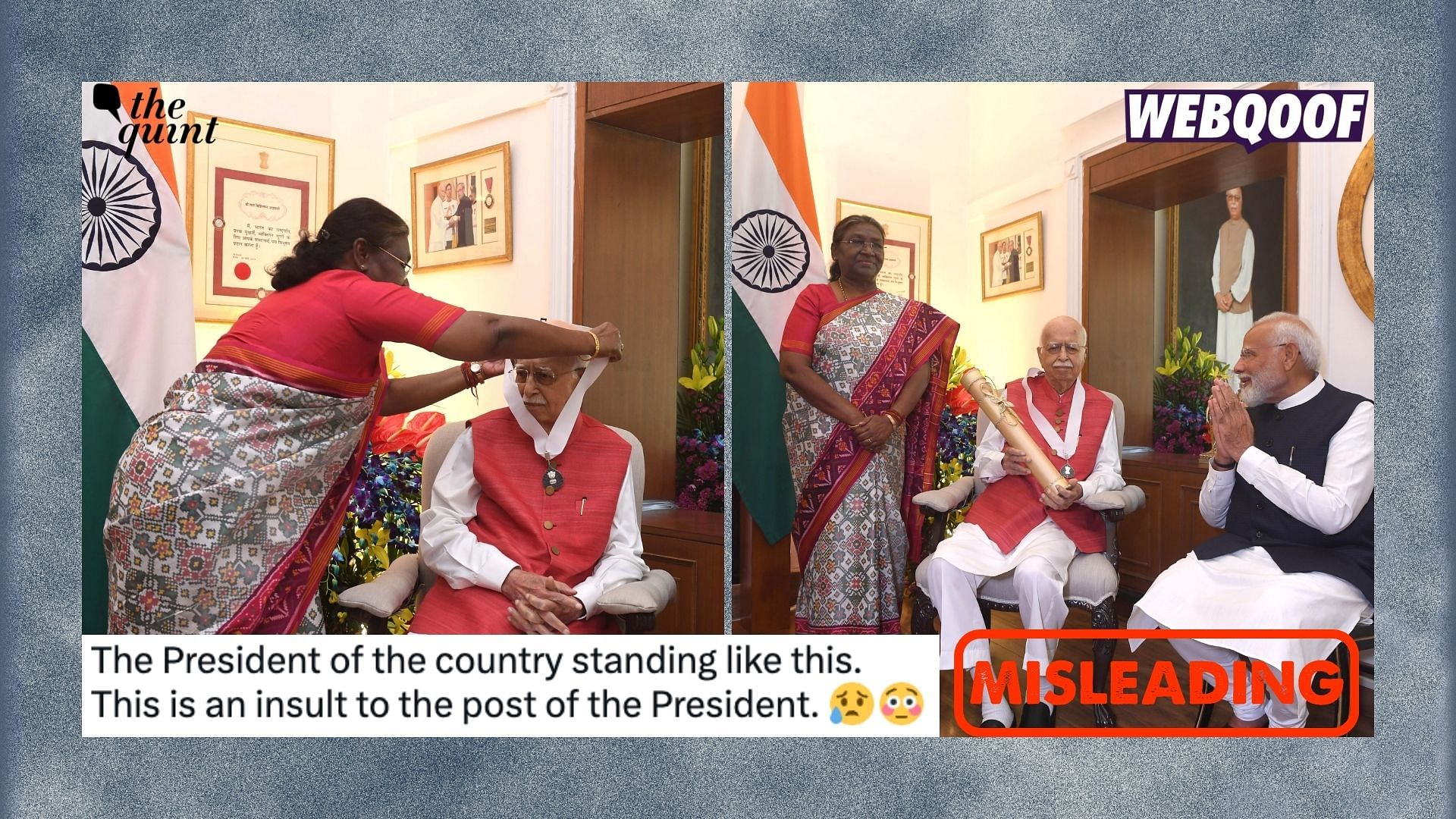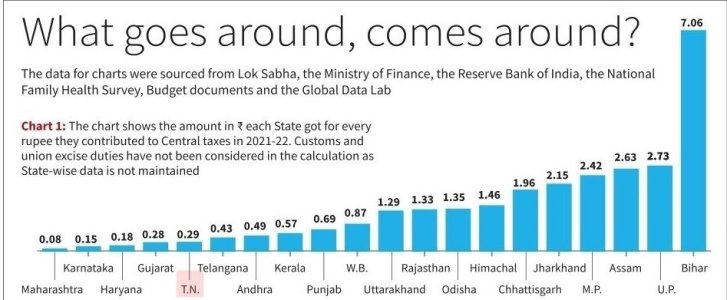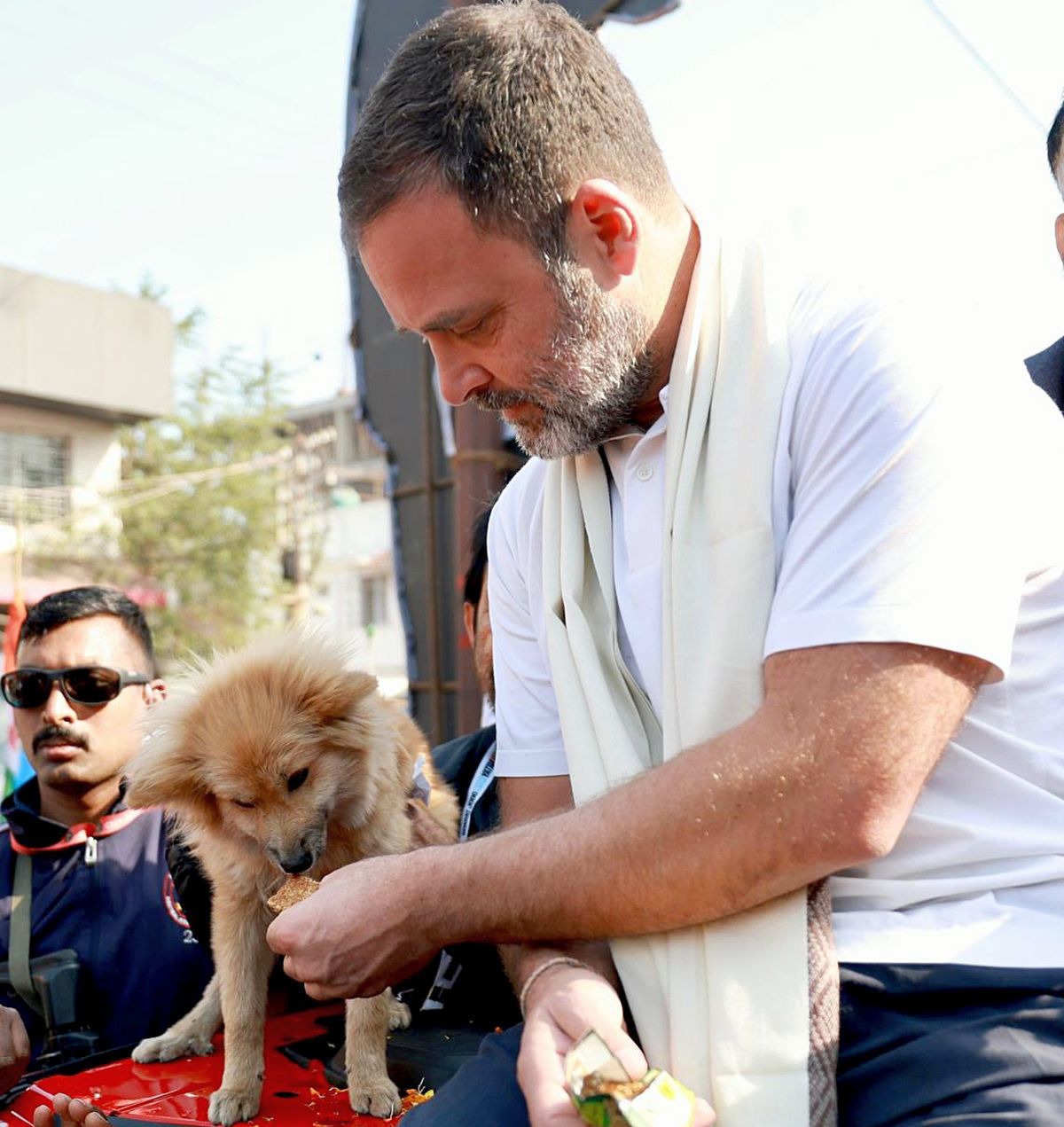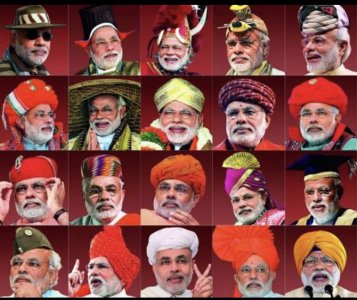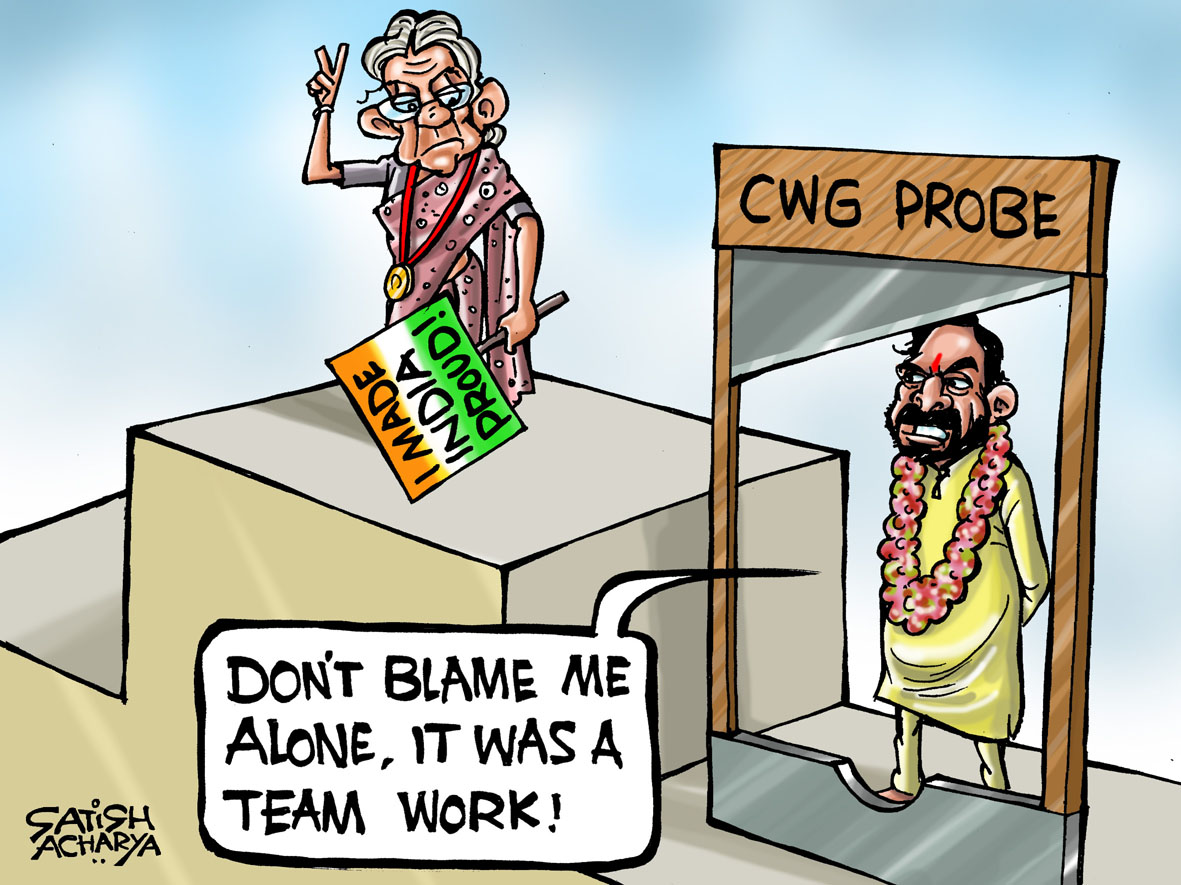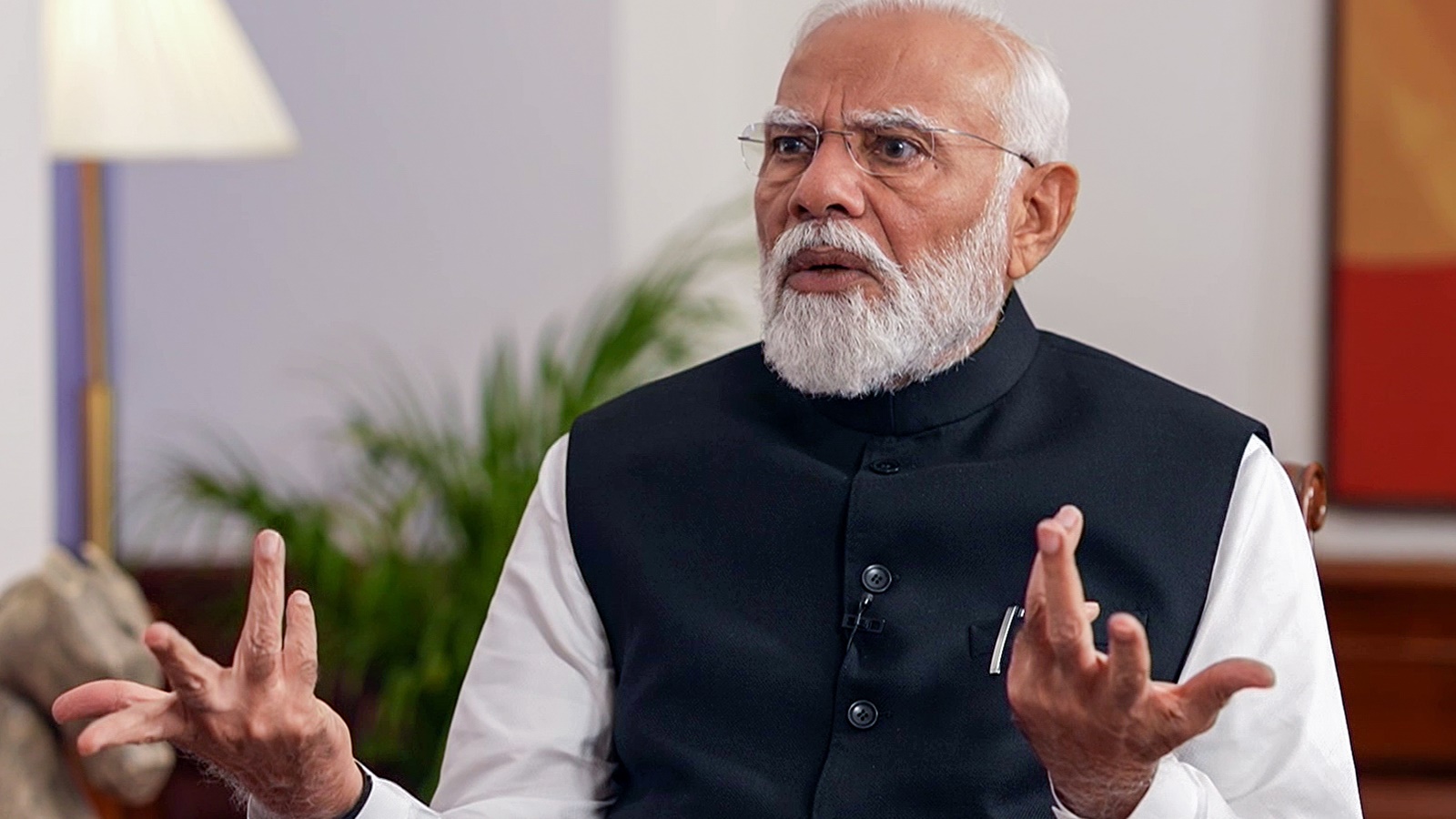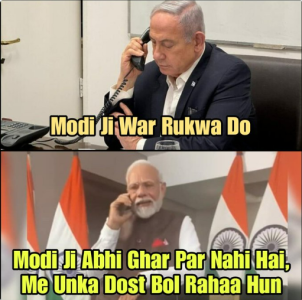Riposte from Congress,
The statement issued by Jairam Ramesh said, “Before electoral bonds were announced, individuals and corporations had to report political donations greater than Rs 20,000. After the scheme was implemented, donors faced no obligations to report donations and political parties faced no obligation to disclose donor identities. The electoral bond scheme was designed to be fully anonymous. In other words, Modi wanted to hide the details of ‘where funds have come from [to political parties], and how they are being used.’ For six years, between 2018 and 2024, not a single detail was revealed to the public about who donated funds and to which political party. This continued until February 15, 2024, when the Supreme Court rejected electoral bonds as unconstitutional. Up until the last day in court, the Modi Sarkar defended the anonymity of the scheme.”
Recalling how the SBI behaved in court, Ramesh added: “The anonymity of electoral bonds allowed the Prime Minister to cover up four patterns of corruption he has engaged in, with the total sums amounting to Rs 4 lakh crore: 1. Prepaid Bribes: Chanda Do, Dhanda Lo 2. Postpaid Bribes: Theka Lo, Rishvat Do 3. Post-raid Bribes: Hafta Vasooli i.e. Extortion 4. Farzi Company i.e. Shell Companies. By creating this anonymous electoral bonds scheme, the Prime Minister reduced the Government of India to a supermarket where he can facilitate business in return for donations to the BJP.
“Rather than deceiving people, the PM should answer the following questions on his involvement in electoral bond-related corruption:
1) Did you not allow pharmaceutical companies to distribute counterfeit medicines, potentially leading to the death of numerous Indians, in exchange for electoral bonds?
2) Did you not grant contracts to corrupt companies, resulting in numerous collapses of tunnels, bridges, and other infrastructure, after taking the electoral bonds from them?
3) Did your government not coerce companies into donating to your party through electoral bonds after deploying agencies like the ED, CBI, and IT after them?
4) Were not government policies changed to favour specific companies in certain sectors after they purchased electoral bonds?”








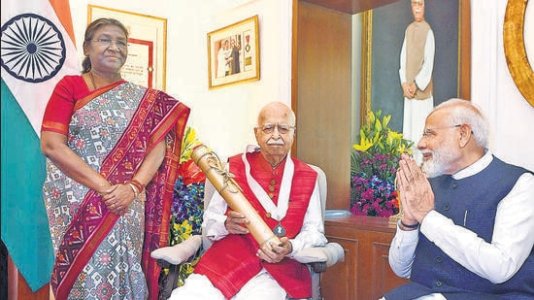

 .
.

